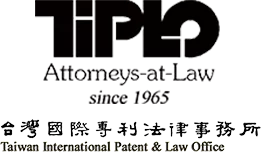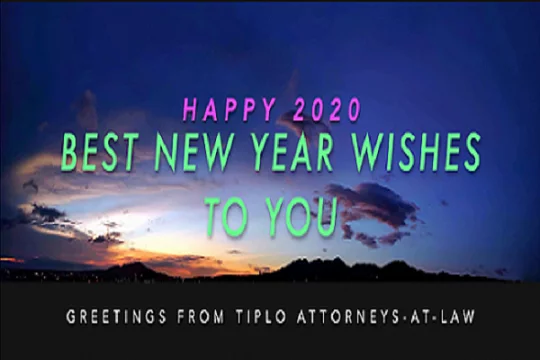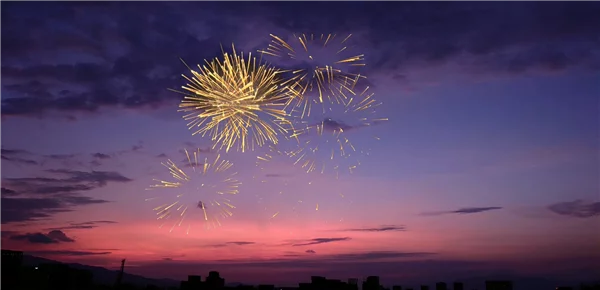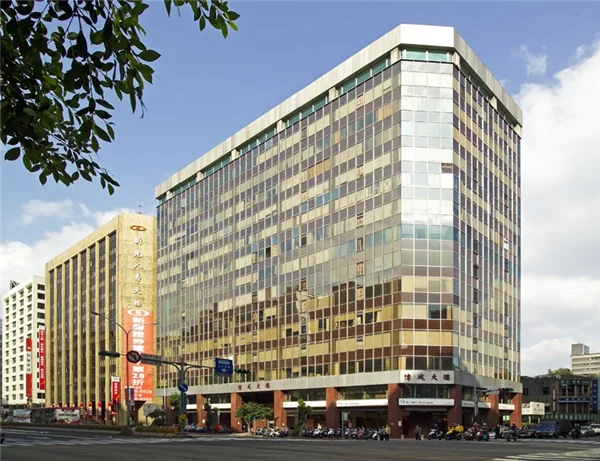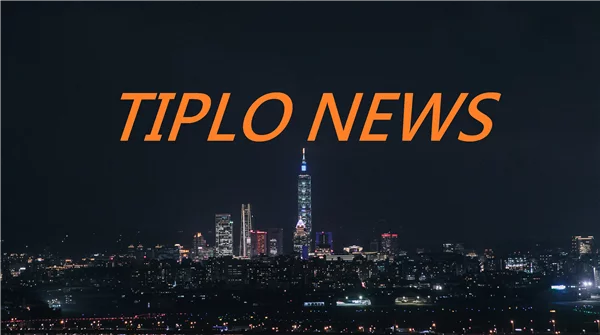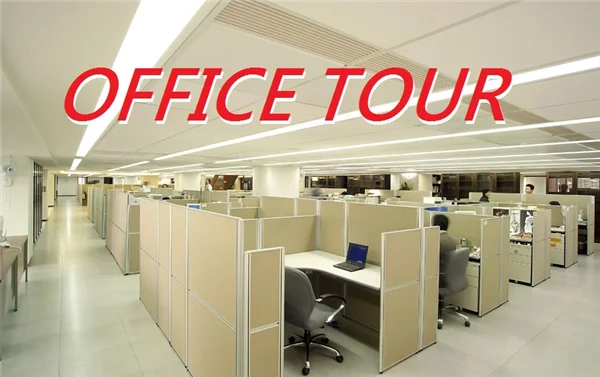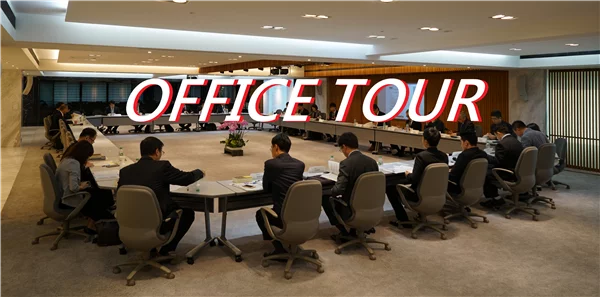Taiwan-based DCC Corporation should pay TWD2.59 million damages for copyright infringement
E160115Y3 Feb. 2016(E195)
32 well-known singers, songwriters and lyric writers sued and claimed damages against a local company, DCC Corporation for infringing their reproduction rights and distribution rights by, without their prior consent and authorization, reproducing their 98 songs onto three kinds of karaoke machines DCC Corporation manufactures and further distributing them to the public. This case was brought to the IP Court which ended up unfavorable to DCC Corporation, and DCC Corporation should pay TWD2.59 million and more to these singers, songwriters, and lyric writers for infringing upon the copyrights for their 23 songs.
It was another local company, Moon Earth Records Co., Ltd. (hereinafter “Moon Earth Records”) that represented these singers, songwriters, and lyric writers to file a lawsuit against DCC Corporation. In 1995, Moon Earth Records executed a music copyright licensing agreement with DCC Corporation, according to which the 98 songs in issue should be used once only. In the lead of a new boss surnamed Chen (“Chen”), DCC Corporation, however, continued containing the 98 songs in issue in their three kinds of karaoke machines, which goes beyond the scope of licensing.
According to Moon Earth Records, the infringed 98 songs in issue include those famous songs of a well-known Taiwanese song singer, HONG Rong-Hong. Moon Earth Records sought TWD300,000 damages for each infringed song because each of the 98 songs in issue was individually reproduced into each of the three kinds of karaoke machines and thus each song was infringed three times.
In response to Moon Earth Records’ damages claim, DCC Corporation argued that the true meaning and interpretation of the 98 songs being “used only once” or “reproduced only once” is that these songs could be used in midi file format, namely in one kind of version (namely one-time adaptation). According to the meaning alleged by DCC Corporation, these songs in midi file format would be “derivative works” adapted from pre-existing works and should be protected as independent ones as defined in the first paragraph of Article 6 of the Taiwan Copyright Act, and the economic right holders of the 98 pre-existing songs should have no right to intervene in how DCC Corporation uses these derivative works.
DCC Corporation further asserted that manufacture and sale for two of the three kinds of karaoke machines in issue, DCC-449PRO and DCC-320G have been stopped since 2007 and 2010, respectively. Thus, the 2-year prescription period for making such damages claim has expired in accordance with the relevant provisions of Taiwan Civil Code, and thus DCC Corporation does not have to pay the damages claimed. Besides, 22 of the 98 songs in issue had already been removed from the other karaoke machine, SingGo-Kala, and thus infringement alleged based on the removed 22 songs should not be sustained.
According to the IP Court’s judgment, DCC Corporation should pay TWD2.59 million damages to the songwriters and lyric writers of the 23 infringed songs because they do not have the licensing certificate for 11 songs of HONG Rong-Hong and have only the letter of consent for the other 12 songs issued by Taiwan Audio-Visual Recording Association, while the letter of consent cannot serve as a proof of DCC Corporation’s paid license. (January 2016)
/CCS

